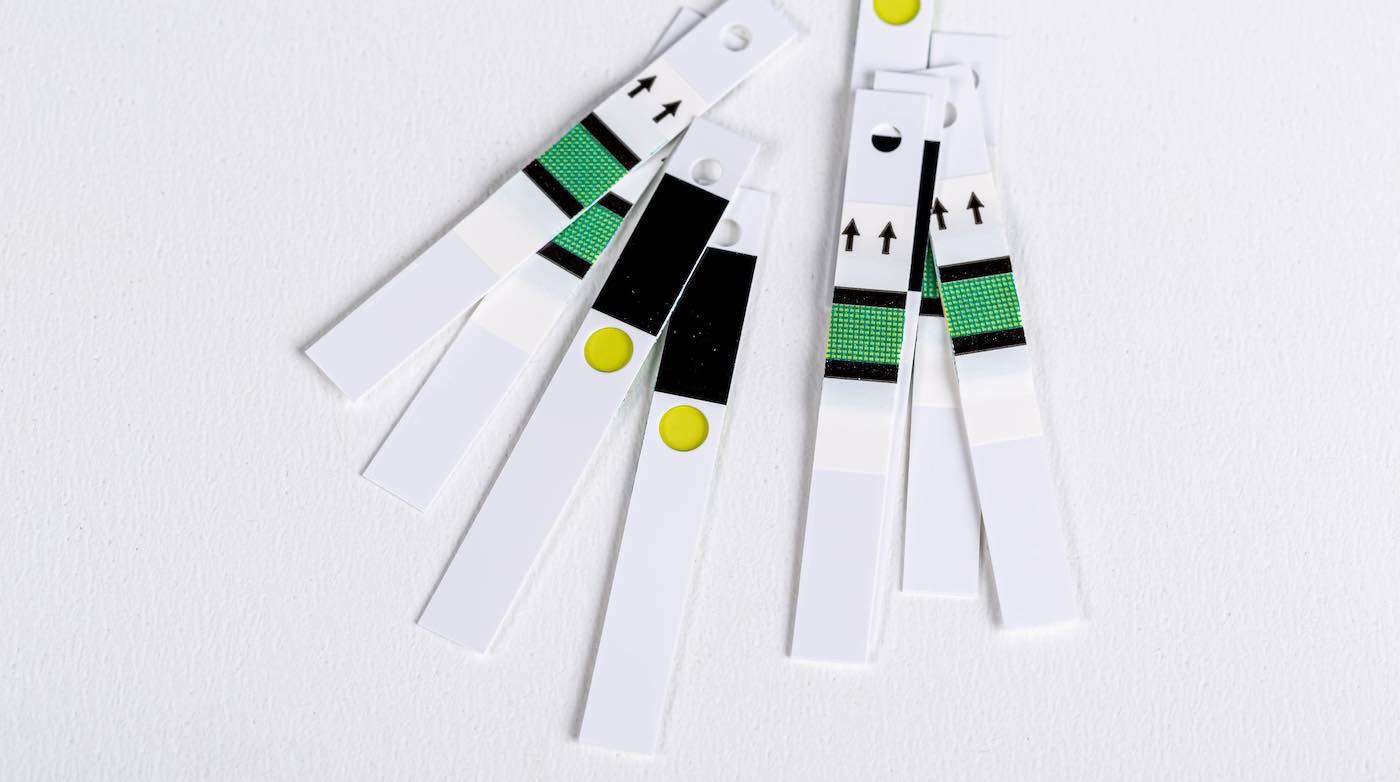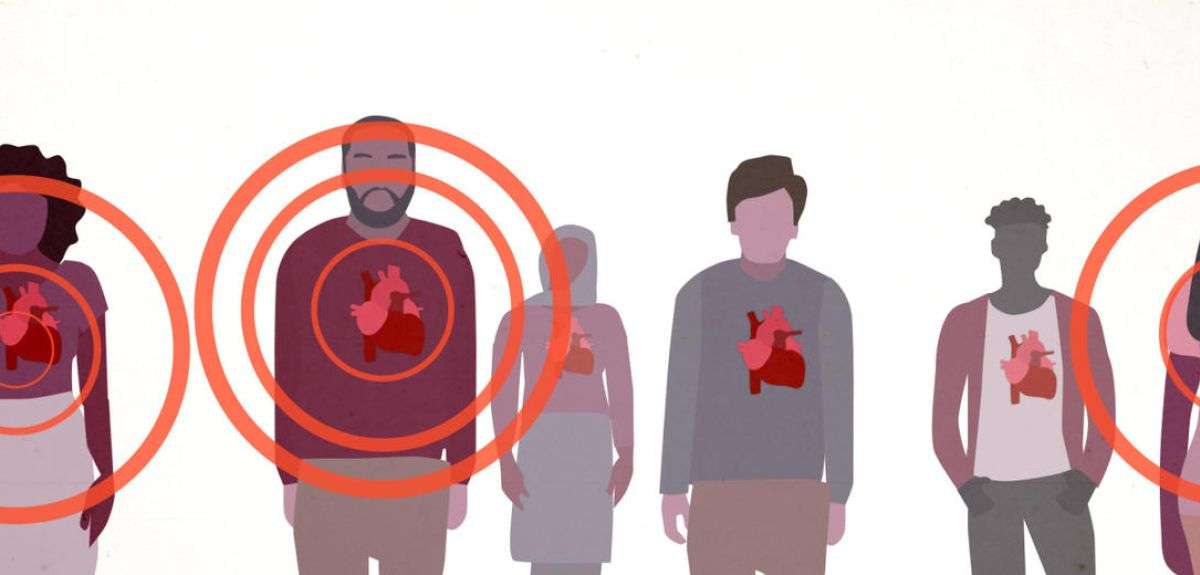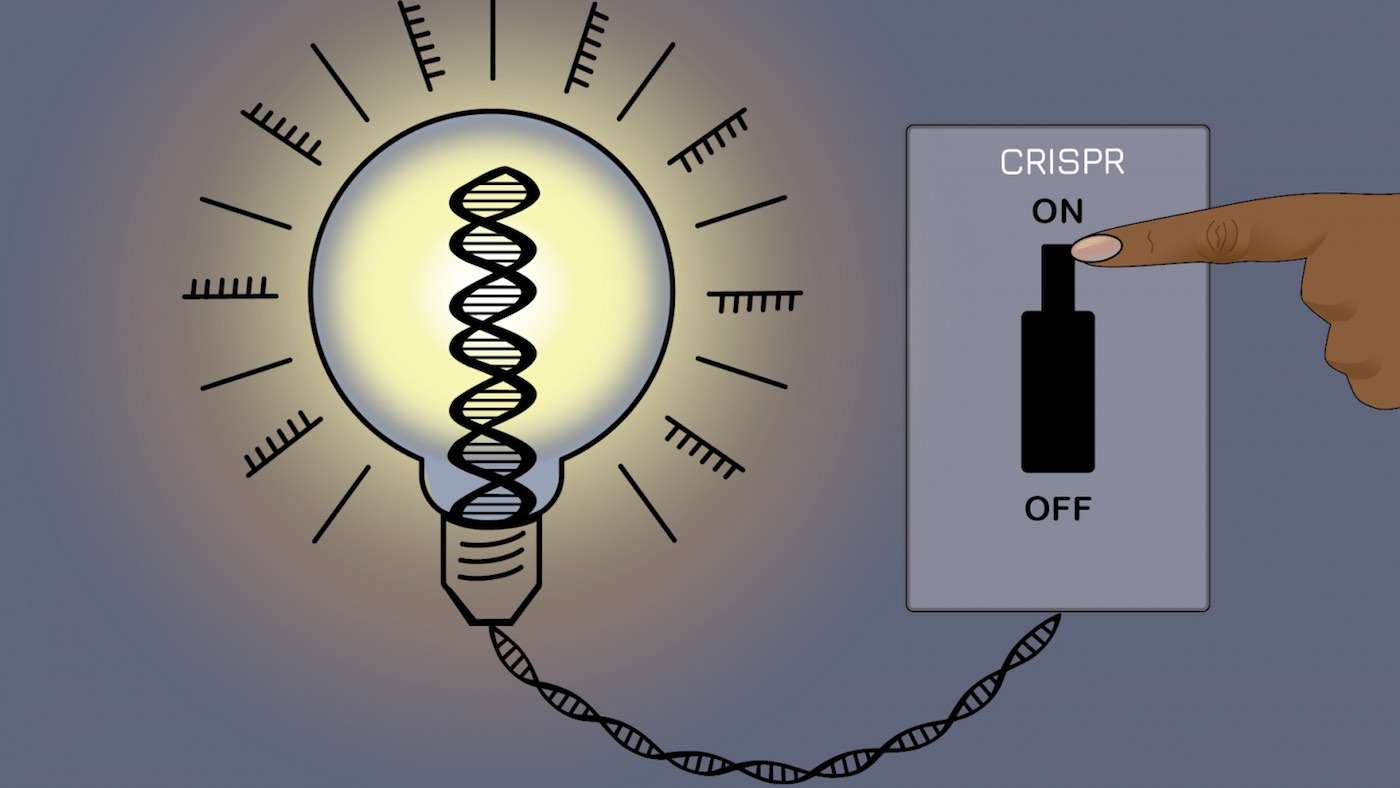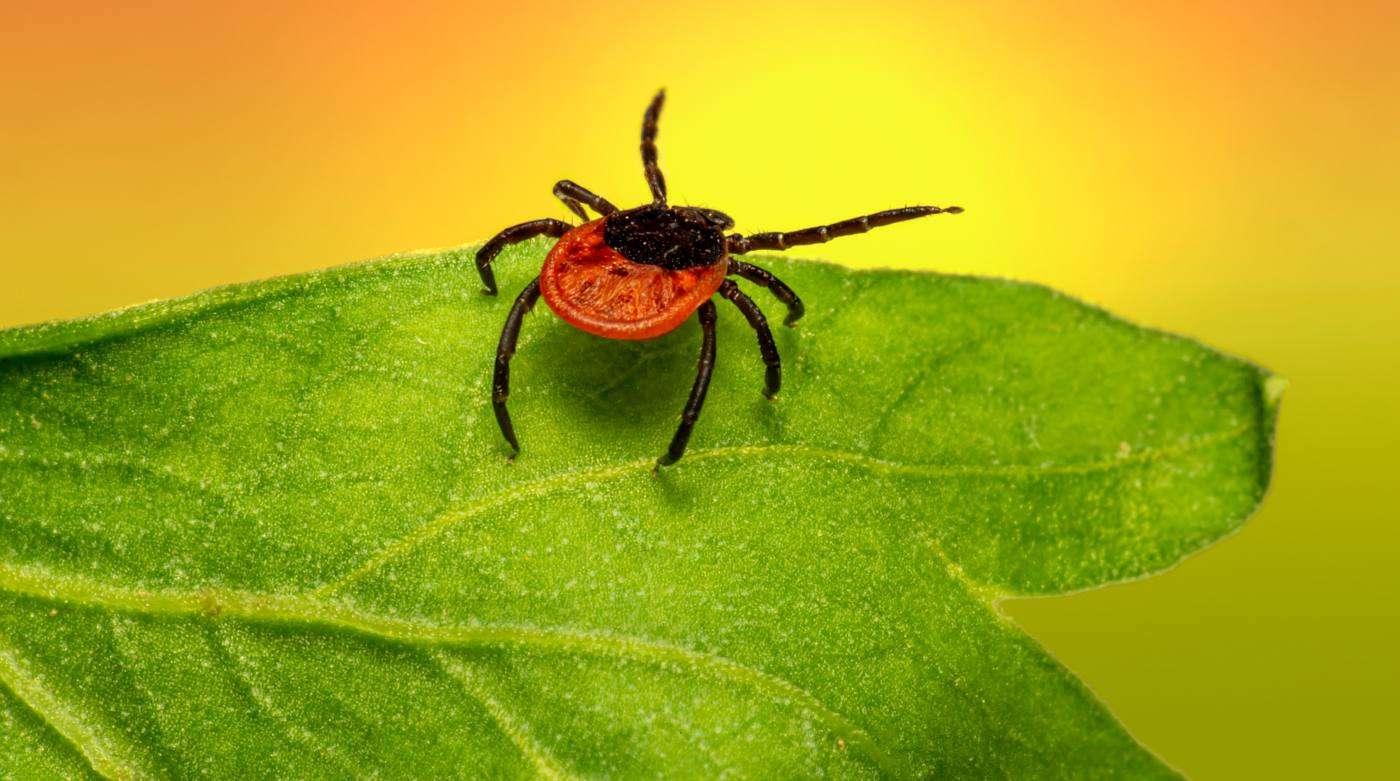Hand-held Test for Breast Cancer Uses Your Saliva and Gives Accurate Readings in 5 Seconds
A new test for breast cancer uses an inexpensive hand-held device that reads saliva on a test strip to give accurate results in 5 minutes.

A new test for breast cancer uses an inexpensive hand-held device that reads saliva on a test strip to give accurate results in 5 minutes.

Genetic cardiomyopathies is a group of diseases that are genetically passed on to offspring and often strike young people down in their 20s.

Scientists have figured out how to modify the gene-editing tool CRISPR to control how genes are switched on or off, without changing DNA.

We can now use CRISPR gene editing on ticks to prevent Lyme Disease in humans, researchers at Penn State have discovered.

A new treatment of nanoparticles has been found to be effective for easing the pain of rheumatoid arthritis in the lab.
University of Copenhagen scientists believe mollusks and algae could be part of the sustainable diet of the future.
MIT physicists have created a perfect fluid in the laboratory, a glissando of sound waves that the team sent through as fermions.
In April, Dolly Parton announced she was donatiing $1m to covid-19 research. The Moderna vaccine, which she helped fund, looks promising.
Edmonton's Dr. James Shapiro has cured diabetes in mice, raising hopes for a cure in humans if funding and more research is permitted.
A new study from the Cleveland Clinic suggests that people taking melatonin fare better when infected with COVID-19.
A new vaccine that protects against COVID-19 is 94.5% effective, according to new data from the US company Moderna.
Project Taara will beam internet up to 20 gigabytes per second across remote areas in India and Africa with beams of light.
Archaeologists working on the Mayan city of Tikal have uncovered evidence of a water filtration system made of materials still used today.
A Covid-19 vaccine from Pfizer and BioNTech is strongly effective, early data from large stage-three trials reveal.
Anika Chebrolu has won the prestigious 2020 3M Young Scientist Challenge for her research that could lead to an effective COVID-19 treatment.
A study published in the Journal of Gerontology: Psychological Sciences has found that social interaction could help prevent dementia.
With funding from DARPA, Johns Hopkins is developing an ultrasound device the size of a Band-Aid to curb paralysis after spinal injury.
University of Maryland scientists made a transparent wood nearly as clear as glass to make stronger, better insulating windows.
An intelligent robot arm that can see could be the future for the colonoscopy as scientists demonstrate its effectiveness in new study.
Intermittent Fasting is an effective means of improving long term memory retention and generating new adult hippocampal neurons in mice—raising hopes for ageing.
Recent Stories
A Heartfelt Reminder to Appreciate the Ones We Love
Cherish the Woman Who Stands by You
Breaking Generational Cycles of Pain
Living by Your Own Values, Not Others' Approval
When Life Brings Rain, It’s Okay to Rest
Before You Judge Someone's Life, Take a Moment to Walk in Their Shoes.
A Friend Who Spreads Gossip is Not a True Friend at All
The Value of Human Connection Over Digital Convenience
The Quiet Kind of Love
One Day, Your Mom Won’t Call You Anymore
I’ve reached a point in my life...
Happiness is a mindset, a conscious choice we make every day